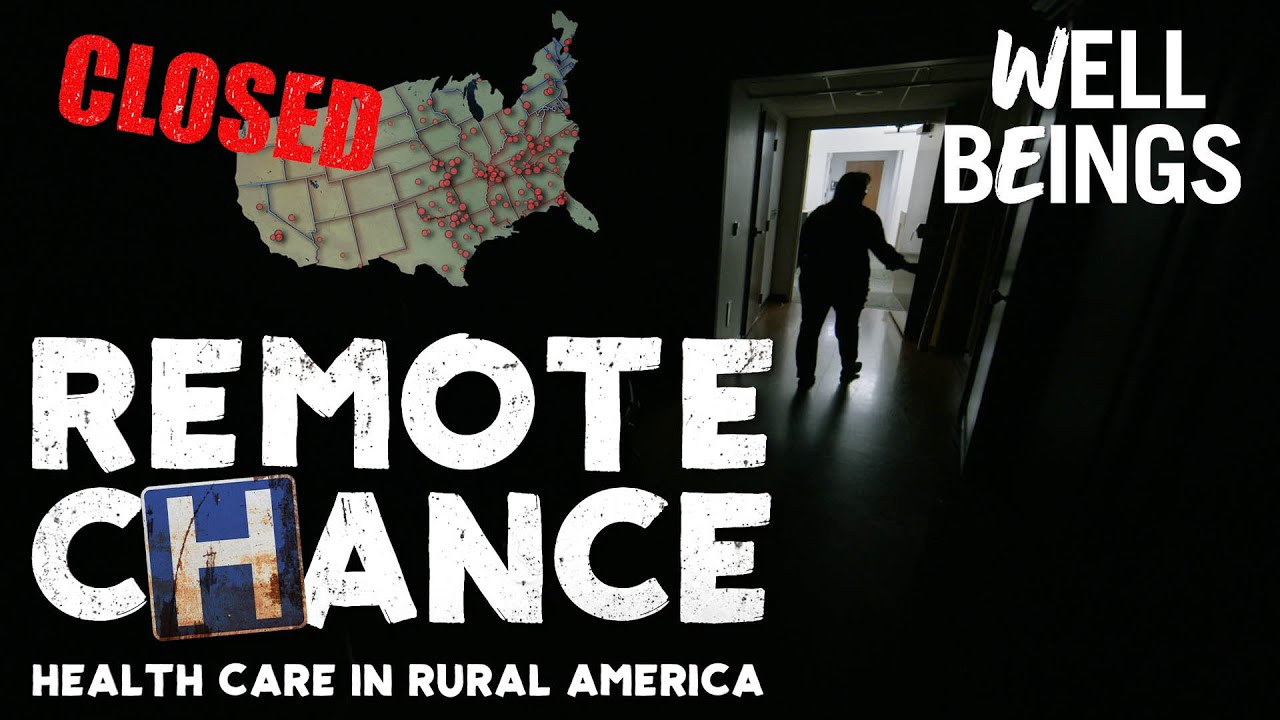
collection
Remote Chance: Health Care in Rural America, a digital-first series of short films by award-winning filmmaker Elizabeth Arledge, made possible by the National Alliance on Mental Illness  and The Annette Harkins Family Trust
and The Annette Harkins Family Trust
People who live in rural areas of the United States are more likely than urban residents to die prematurely from the five leading causes of death: heart disease, cancer, unintentional injury, chronic lower respiratory disease, and stroke. And with all-cause mortality rates higher in rural areas, it is no surprise that mortality related to specific causes is also higher.
In the decades since the first AIDS cases were reported in Los Angeles and New York City in 1981, the epicenter of the nation’s HIV epidemic has shifted from urban centers to the 16 states and District of Columbia that make up the South.
The South now experiences the greatest burden of HIV and deaths of any U.S. region and lacks quality HIV prevention services and care. Closing these gaps is essential to the health of people in the region and our nation’s long-term success in ending the HIV epidemic.
The Rural South leads in mortality rates for nearly all top-ten causes of death examined by the Rural Health Reform Policy Research Center (RHRPRC). The Institute for Health Metrics and Evaluation (IHME) U.S. Health Map provides data on life expectancy at birth for both sexes in 2014, illustrating a lower life expectancy in the South.
Rural populations in the Southeastern portion of the U.S. also exhibit a diabetes prevalence rate higher than 10.6%. In some areas of the South, the diabetes prevalence rates for adults are almost double the national rate for adults.
Remote Chance: Health Care in Rural America is a series leading to the upcoming 2023 documentary Critical Condition: Health Care in Rural America (WT), a production of Gurney Street Films and WETA Washington, D.C. Produced, directed and written by Elizabeth Arledge.
Support for Remote Chance: Health Care in Rural America provided by the National Alliance on Mental Illness (NAMI) and The Annette Harkins Family Trust.
WellBeings.org is a health and wellness resource, not a crisis or suicide response website. If you are in crisis, or experiencing thoughts of suicide, please call or text the 988 Suicide & Crisis Lifeline at 988 or the LGBT National Hotline at (888) 843-4564. The service is free and available 24 hours a day, seven days a week.